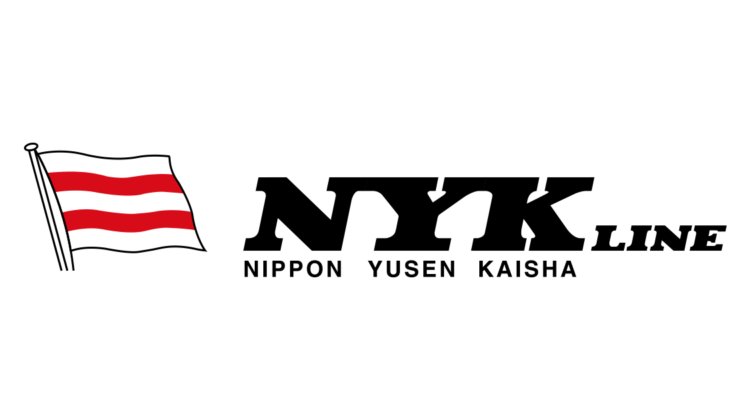
NYK conducts trial use of Biofuel to advance Decarbonization
TOKYO : In June, NYK bulk carrier Frontier Jacaranda conducted a trial use of biofuel made from waste cooking oil collected and refined in Singapore. The test run was performed in cooperation with Anglo American, a global mining company, and Toyota Tsusho, a biofuel supplier, on a route to the Saldanha Bay, South Africa. This is the second test run performed, following one conducted by NYK bulk carrier Frontier Sky in Rotterdam port in 2019.
Biofuel is a fuel that is derived from renewable sources — in this case, waste oils such as used cooking oil. Biofuels are considered to be carbon-neutral because the carbon dioxide that is absorbed by the source of the biomass is equal to the carbon dioxide that is released when the fuel is burned, thus helping the fuel to gain more attention around the world.
In addition, because the emission of sulphur oxides (SOx) from biofuel is significantly lower compared to conventional fossil fuel, using biofuel helps meet regulations entering into force in 2020 capping sulphur content in marine fuels.*
The biofuel used in this trial is made from waste cooking oil collected and refined in Singapore. The oil was originally planned to be disposed of, but is now being recycled and used in an environment-friendly way, thus contributing to the circular economy.
NYK is looking to contribute to the decarbonization of the shipping industry by accelerating the conversion of ships to alternative fuels through a series of biofuel trials at the port of Singapore, the world’s largest port of refueling.
On February 3, NYK released the NYK Group ESG Story, which aims to further integrate ESG into the company’s management strategy and promotes activities that contribute to the achievement of the SDGs (Sustainable Development Goals) through business activities.
To strongly promote ESG management, the NYK Group will encourage new value creation as a sustainable solution provider through a business strategy that includes the introduction of next-generation fuels, such as biofuel, which has a low environmental impact.
* SOx emission requirement
A regulation that tightens the sulfur content of fuel oil from 3.5% or less to 0.5% or less.
Source : NYK

